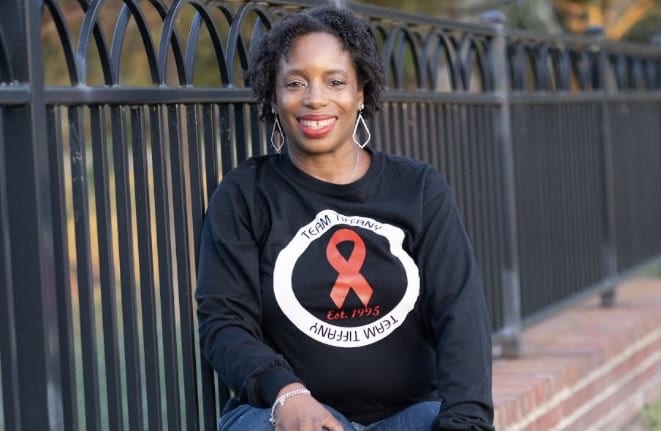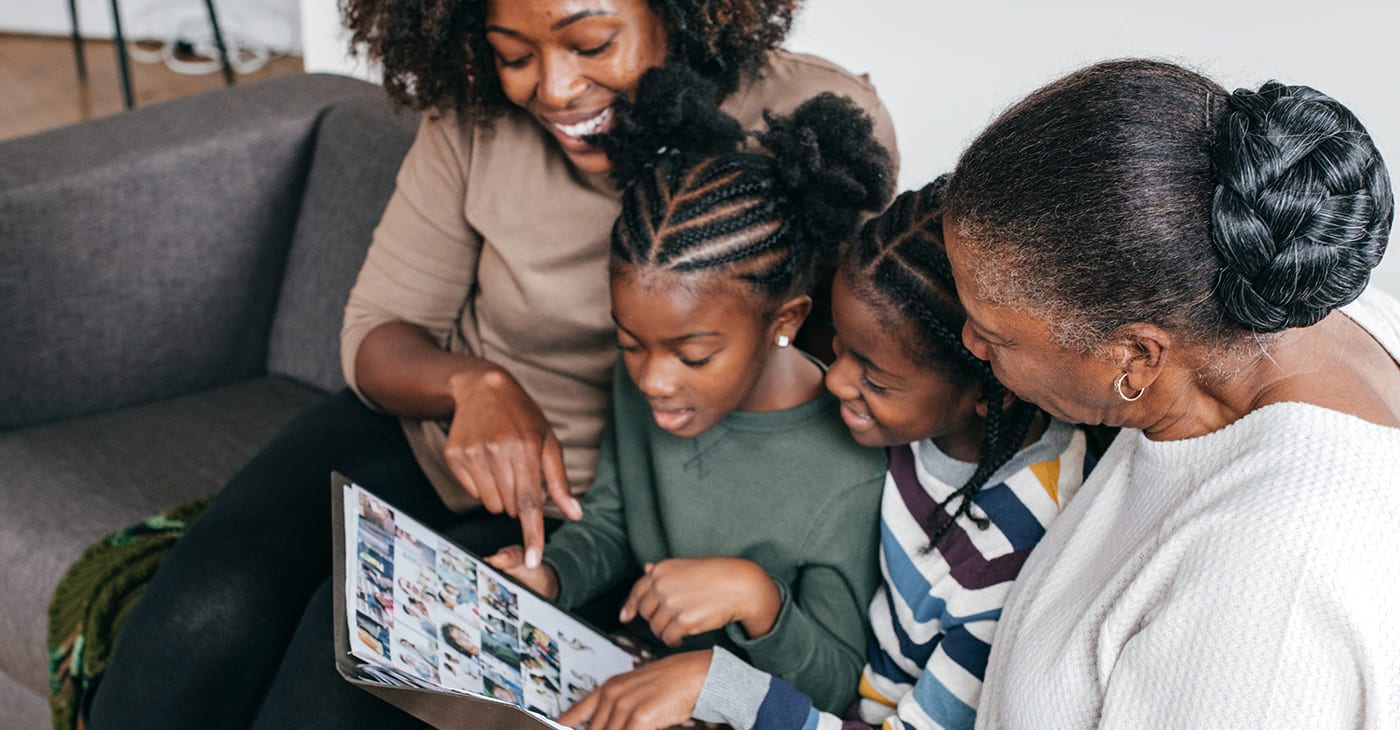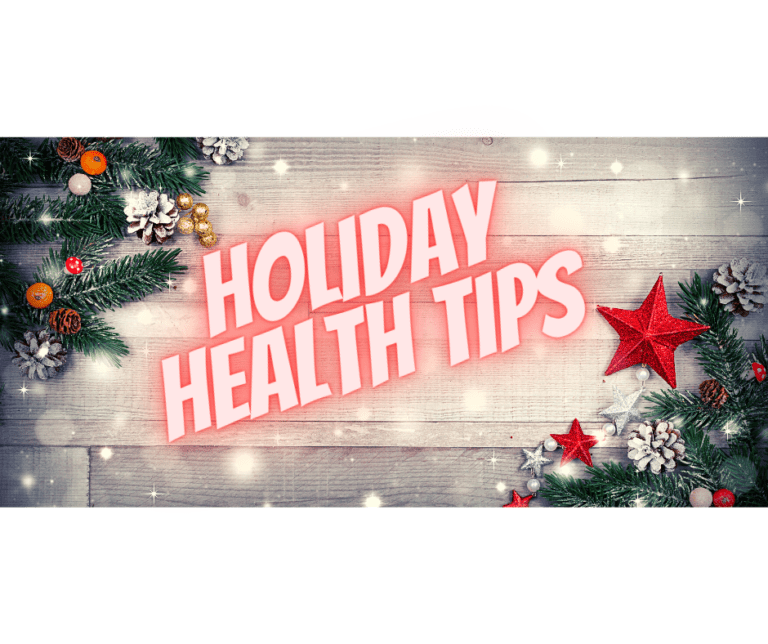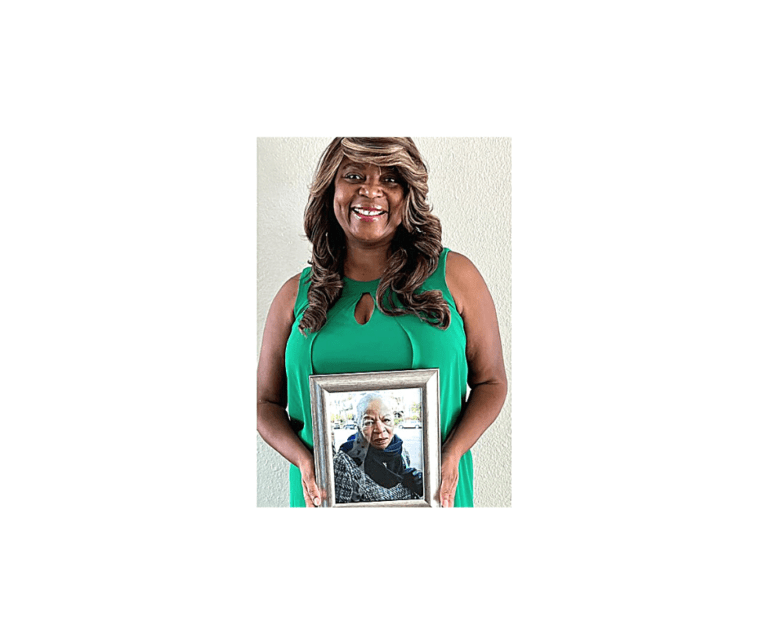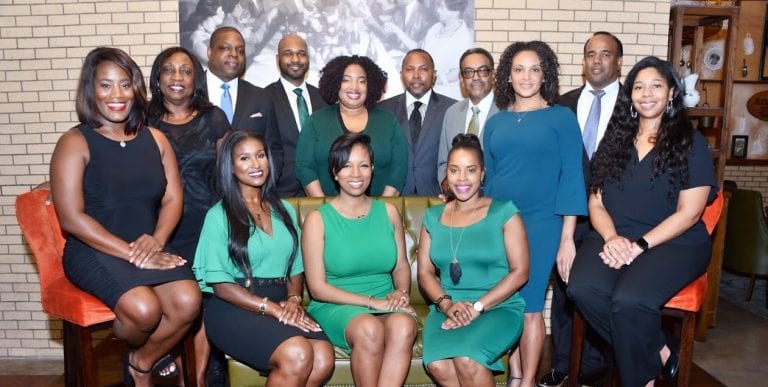By d-mars.com News Provider
World AIDS Day, held each year on December 1st, is an opportunity to celebrate and support global efforts to prevent new HIV infections, increasing HIV awareness and knowledge, and supporting those living with HIV. When it comes to this disease, our community accounts for a higher proportion of new HIV diagnoses and people with HIV, compared to other races/ethnicities.
The poverty rate among African Americans is high. The socioeconomic issues associated with poverty—including limited access to high-quality health care, housing, and HIV prevention education—directly and indirectly increase the risk for HIV infection and affect the health of people living with and at risk for HIV. These factors may explain why African Americans have worse outcomes on the HIV continuum of care, including lower rates of linkage to care and viral suppression.
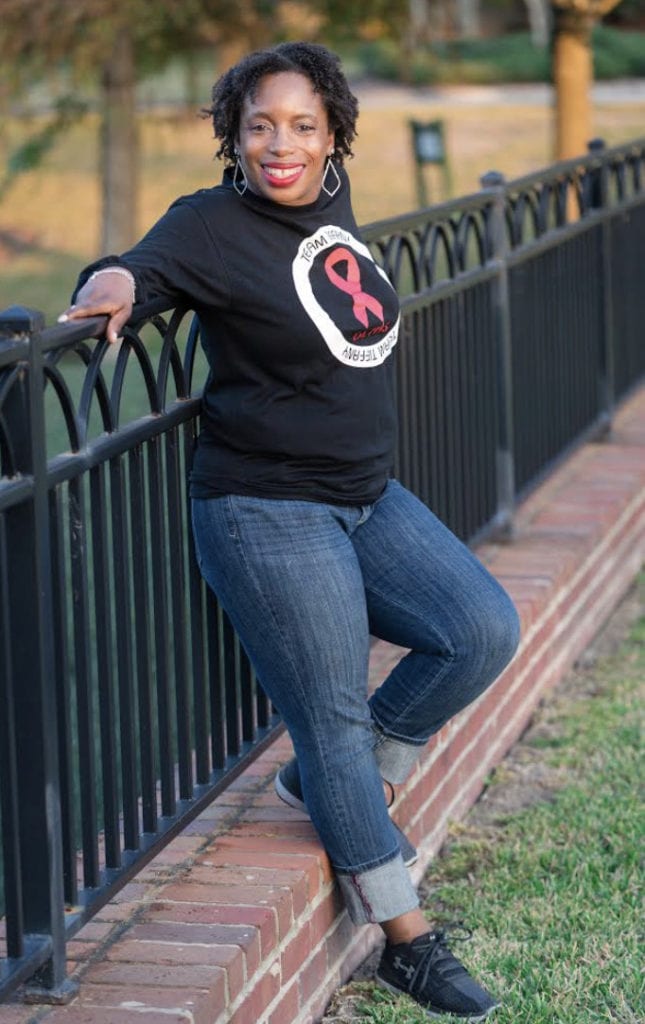
Helping to combat these statistics in our community is Tiffany Quinton, a sought-after speaker and advocate who diligently continues to raise awareness on HIV/AIDS. Behind her boldness and passion to educate on this issue is a personal experience, as she has been living with HIV for over twenty years. With a beautiful smile and selfless spirit, she is courageous in sharing her testimony with others, hoping that her story and community outreach efforts will educate and empower others to be responsible with their health, lowering these numbers.
d-mars.com Health & Wellness Q&A with Tiffany Quinton:
- Please tell us how long you have been living with HIV. I have been living with HIV for 26 years.
- Do you see yourself as a victim or a survivor? I don’t see myself as a victim or a survivor, but as an overcomer.
- What is the difference between HIV and AIDS? HIV (human immunodeficiency virus) is a virus that attacks cells that help the body fight infection, making a person more vulnerable to other infections and diseases. If left untreated, HIV can lead to the disease, AIDS (acquired immunodeficiency syndrome). AIDS is the late stage of HIV infection that occurs when the body’s immune system is badly damaged because of the virus.
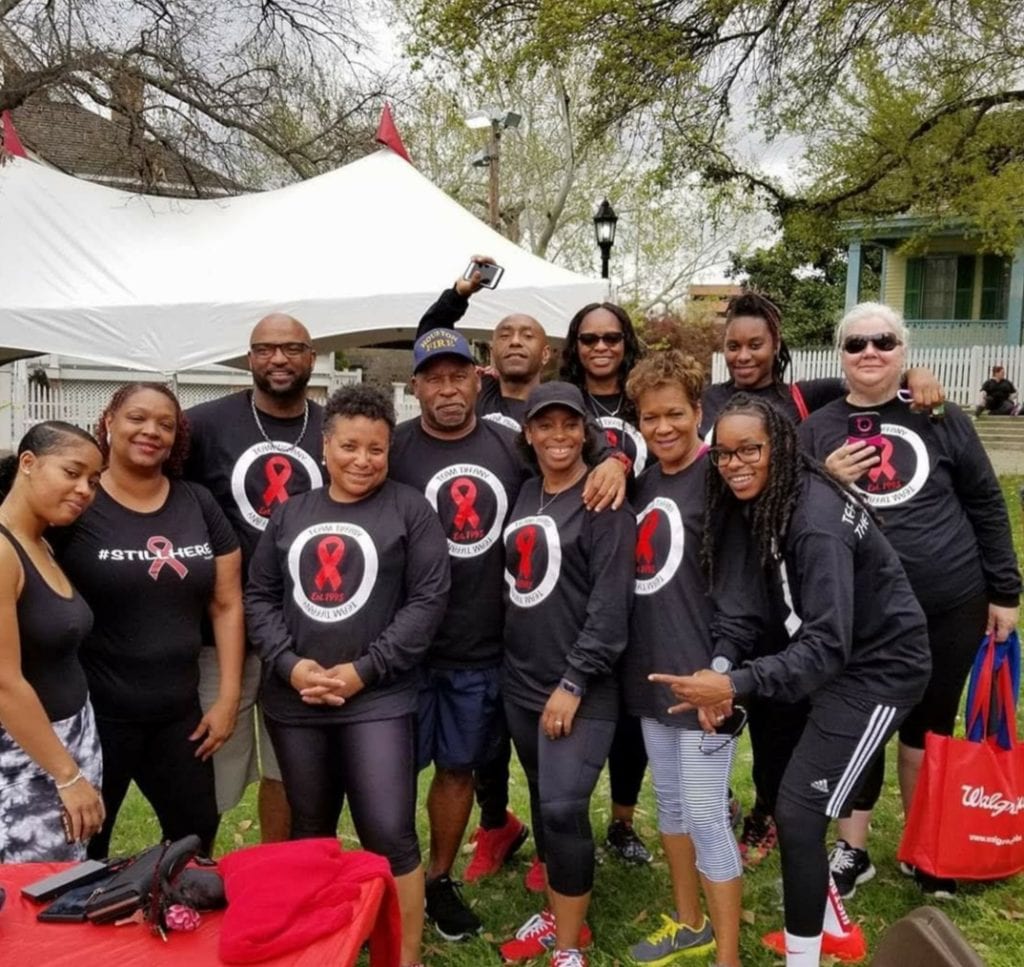
- What outreach efforts do you participate in/lead to raise awareness on HIV/AIDS in the community? In addition to my speaking and activism, I am involved in many HIV/AIDS community outreach initiatives, such as a team captain for the AIDS Walk and lead counselor at Camp Hope, a camp for children living with HIV. Also, I am a leader of the HIV Ministry at Wheeler Avenue Baptist Church, my church.
- What challenges do you face living with HIV? A major challenge that I face today is not being able to go out and enjoy life because I am at high-risk for other diseases, like COVID-19.
- What are some of the attitudes of others that you and those living with HIV experience? There are definitely judgments. Some people look at us like we don’t deserve to be happy. And there are those who feel that we deserve to live with the virus, looking at us like we are less than a child of God.
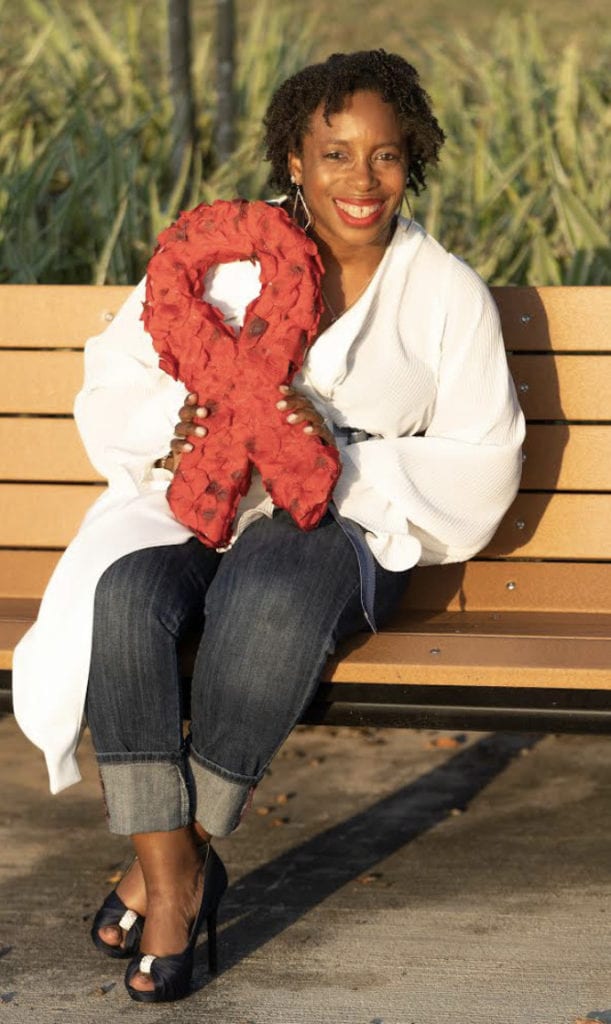
- Do you find that some organizations/churches/schools are still silent on this issue, or are you seeing more acknowledgement that the outreach is needed? We are starting to talk about it more, but we can do much better, being that HIV/AIDS impacts our community more than others. Some don’t want to talk about it because it hasn’t hit their house, and some choose to ignore it, hoping it will go away. I am happy to see an increase of our young people seeking information on HIV/AIDS. I love that my church has a ministry and support system for those living with HIV/AIDS, and I’m hoping more churches in our community will follow suit.
- What else do you want our readers to know? HIV is 100% preventable. Never trust anyone with your body. Treat everyone as if they have the virus. And if you are living with the virus, be truthful with your partner. Don’t take someone else’s life.
Since COVID-19, talk of HIV/AIDS has been on the backburner. But HIV remains a disproportionate risk to African Americans. 1 in 7 blacks/African Americans with HIV are unaware they have it. “I have been living with HIV for over twenty years, and I am not ashamed to tell my story. God still has me on this earth for a reason. And if my sharing saves just one person’s life, my living has not been in vain,” says Tiffany.
Photo Credit: DeMarcus Jones
Sources:
hivinfo.nih.gov
cdc.gov
hiv.gov

